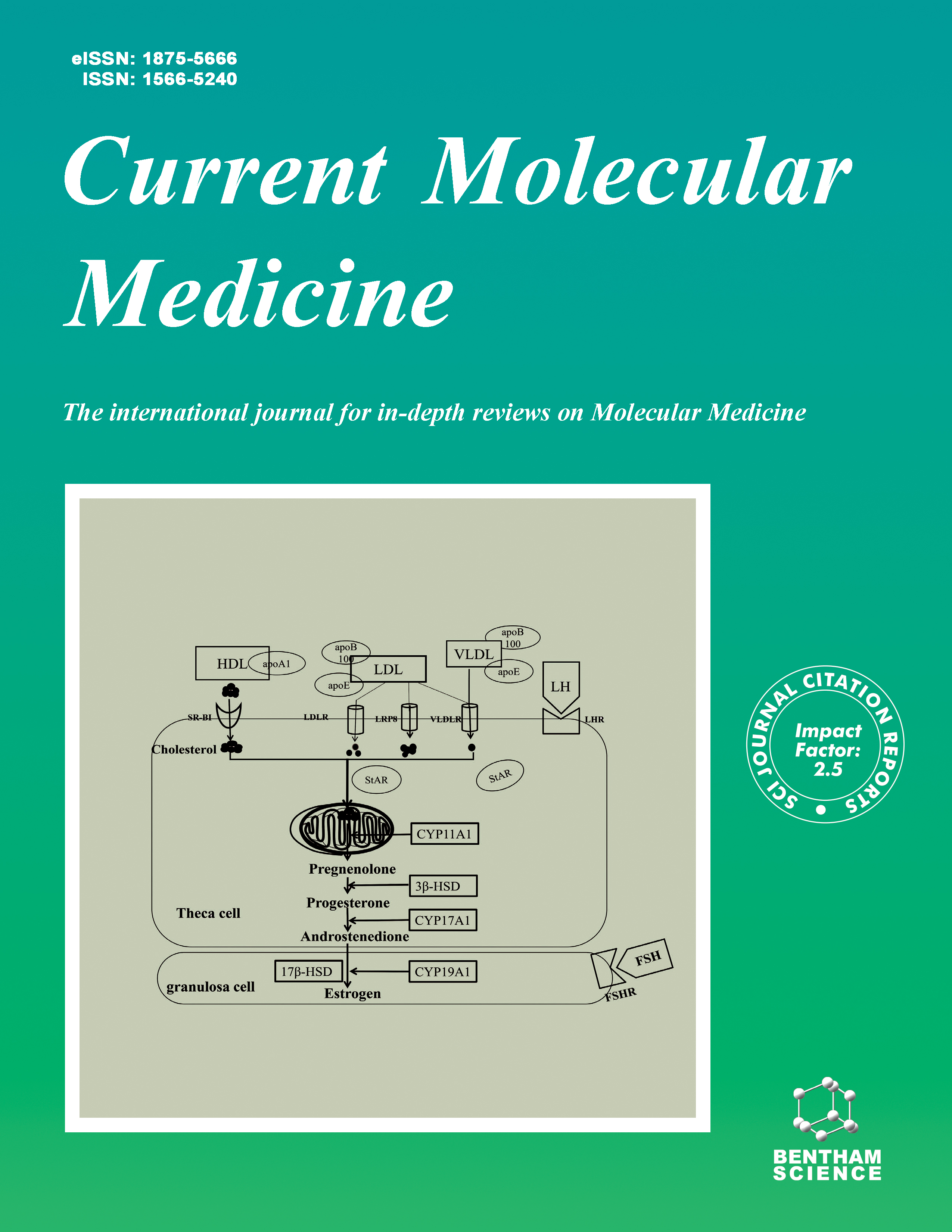-
oa Editorial (Thematic Issue: Neurology and Genetics: How Molecular Biology is Changing the Neurological Thoughts?)
- Source: Current Molecular Medicine, Volume 14, Issue 8, Sep 2014, p. 933 - 933
-
- 01 Sep 2014
Abstract
Neurogenetics presents research that contributes to better understanding of the genetic basis of normal and abnormal function of the nervous system. According to the American Academy of Neurology, Section of Neurogenetics, “Genetic susceptibility involves nearly every branch of neurology, including a wide range of conditions ranging from multiple sclerosis, epilepsy, dementia, sleep, neuromuscular disease and movement disorders, to childhood disorders, such as autism, intellectual disability and language based learning disabilities. Genetic testing for "causal" genes as well as susceptibility genes is becoming more prevalent and there is a need for section engagement along with multiple policy domains.” The clinical practice of neurogenetics is complex, challenging, and rewarding. However, with the evolution of molecular biology techniques, the impact of the genetic etiology in neurology is becoming crucial for multiple aspects: prenatal diagnosis, genetic counselling, therapeutic strategies and so on. The last 25 years have been the golden age of genetics, with the disease genes responsible for many genetic neurological disorders are now identified. The molecular age of neurogenetics began in 1987, with the description of the genetic basis of Duchenne muscular dystrophy. Since then, we have known hundreds different genes causing all kinds of neurological diseases, with childhood or adulthood onset, with central and/or periheral nervous system involvement. It is a fact that, with the advent of next generation sequencing, most, if not all, causative genes will be identified in the next few years. The Neurological Institute of the University of Pisa, in collaboration with the Neurogenetics Group of the Italian Society of Neurology, had organised a scientific meeting in May, 2013 in Pisa, Italy. Leading scientists from Italy gathered to discuss recent progress in the field of Neurogenetics. It has been a great experience to serve as the Guest Editor for this special thematic issue of Current Molecular Medicine. I hope the publication of the proceedings of this meeting would give some momentum in advancing the science of Neurogenetics. I would like to express my special gratitude to the Editorial Board of the Current Molecular Medicine, and to Professor David W. Li in particular, for offering us this unique opportunity. I also deeply thank all the contributing authors of this issue for their timely and superb efforts in composing this monograph. Finally, my very special thanks to my unequalled teacher Prof. Salvatore ‘Billi’ DiMauro, for his contagious passion for mitochondrial diseases and neurogenetics, and for always treating his professional team as family.


